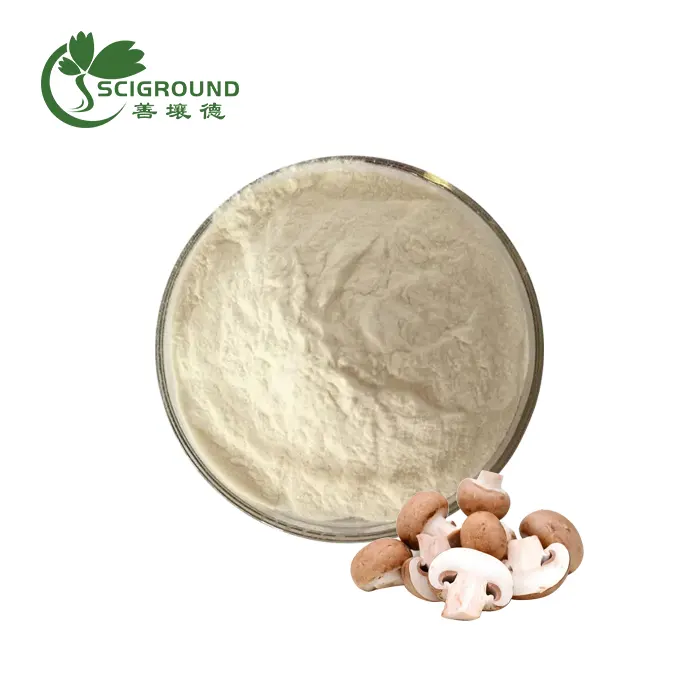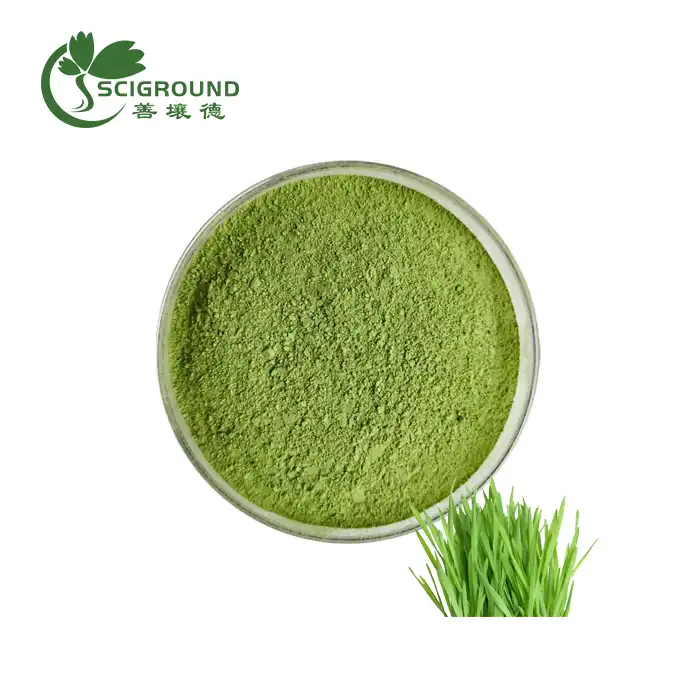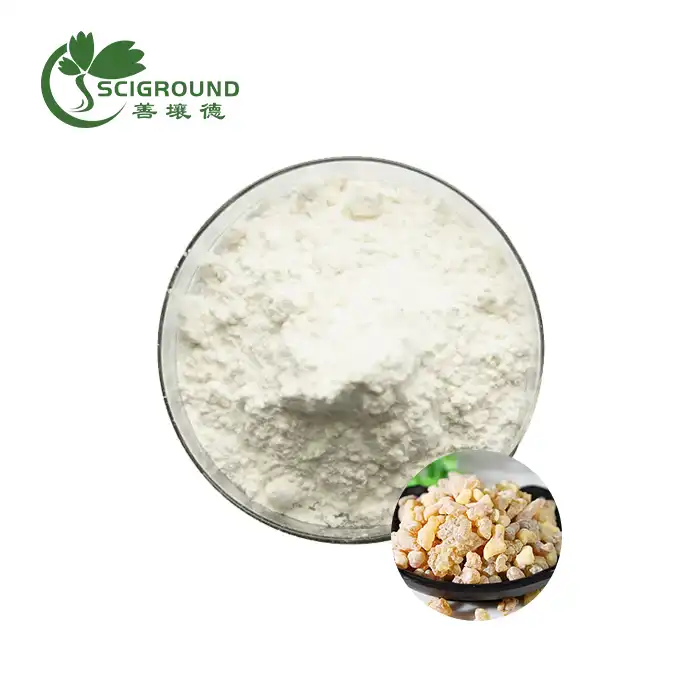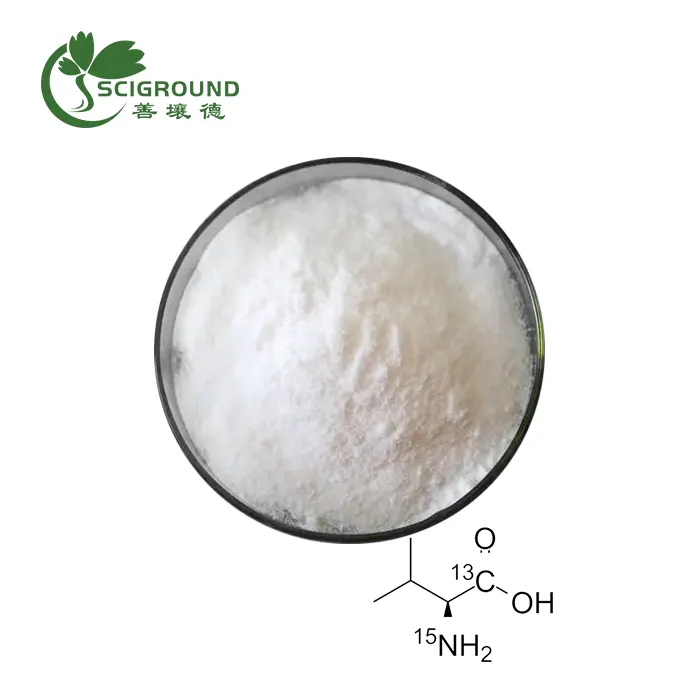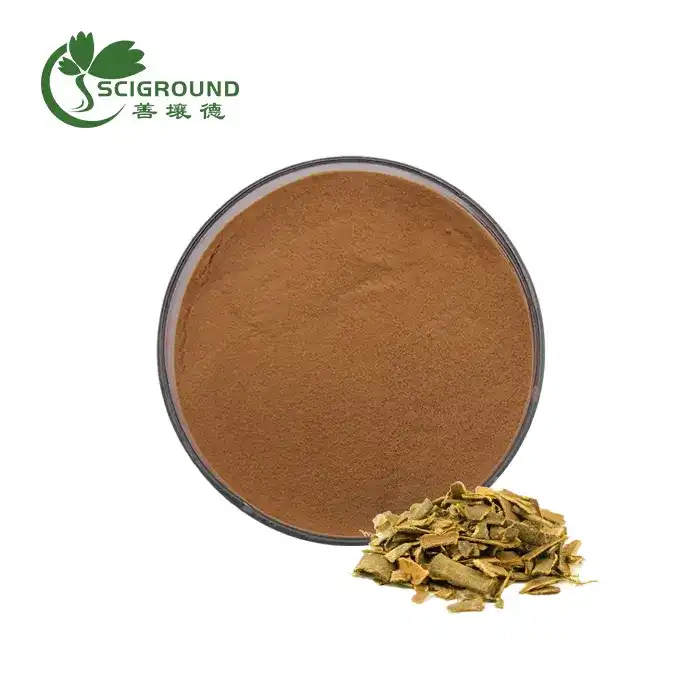Is L-Serine Bulk the Key to Improved Brain Function and Overall Health?
L-Serine, an amino acid crucial for various physiological processes, has garnered attention for its potential health benefits. In this blog, we will explore the scientific evidence surrounding L-serine, shedding light on its properties, the benefits of L-serine supplementation, its dietary sources, and the scientific studies supporting its use for specific health conditions.
Understanding L-Serine and L-Serine Bulk
L-Serine is a non-essential amino acid that plays a vital role in protein synthesis and the functioning of the central nervous system. It is naturally present in many foods, and the body can also produce it from other amino acids. L-Serine bulk refers to L-serine supplements available in concentrated form, often used for supplementation purposes.
Benefits of Taking L-Serine Bulk as a Supplement
1. Brain Health and Cognitive Function: L-Serine is involved in the synthesis of various neurotransmitters, such as glycine and D-serine, which are essential for neuronal communication. Studies suggest that L-serine supplementation may support cognitive function, memory, and overall brain health.
2. Neurological Disorders: Scientific evidence indicates that L-serine supplementation may hold promise for certain neurological conditions. For example, in individuals with certain genetic disorders like serine biosynthesis defects, L-serine supplementation has been shown to alleviate symptoms and improve overall health outcomes.
3. Anxiety and Stress Reduction: L-Serine has been associated with the modulation of neurotransmitters involved in anxiety and stress regulation, such as gamma-aminobutyric acid (GABA). Preliminary research suggests that L-serine supplementation may have anxiolytic effects and contribute to stress reduction.
4. Dietary Sources of L-Serine: L-Serine can be obtained through dietary sources as well. Some foods naturally rich in L-serine include poultry, meat, fish, eggs, dairy products, nuts, seeds, legumes, and certain vegetables like spinach and asparagus. Incorporating these foods into a balanced diet can provide a natural supply of L-serine.
Scientific Studies Supporting the Use of L-Serine Bulk for Health Conditions
1. Amyotrophic Lateral Sclerosis (ALS): Research indicates that L-serine supplementation may have neuroprotective effects in ALS. Studies on animal models have shown improved motor function and increased survival rates with L-serine treatment, although further research is needed to confirm these findings in humans.
2. Cancer Treatment Side Effects: Some studies suggest that L-serine supplementation may help mitigate the side effects of certain cancer treatments, such as chemotherapy-induced peripheral neuropathy (CIPN). However, more research is required to establish optimal dosages and efficacy in this context.
3. Metabolic Disorders: L-Serine supplementation has shown potential benefits in certain metabolic disorders, such as phosphoserine aminotransferase deficiency. Research suggests that L-serine supplementation may improve symptoms and enhance the quality of life in affected individuals.
Conclusion
L-serine, whether obtained from dietary sources or through L-serine bulk supplementation, offers potential health benefits supported by scientific evidence. From its role in brain health and cognitive function to its potential applications in neurological disorders and stress reduction, L-serine holds promise in various areas of health and wellness.
While L-serine bulk can provide a concentrated source of this amino acid, it is essential to consult with a healthcare professional before starting any supplementation regimen. They can guide you regarding the appropriate dosage, potential interactions, and suitability for your specific health needs.
Remember, a well-balanced diet rich in diverse protein sources can also provide an adequate supply of L-serine naturally. Prioritize a holistic approach to health, combining proper nutrition, regular
To purchase L-serine powder, please contact Sciground at info@scigroundbio.com. Our experienced team will be happy to assist you in finding the best mushroom extract product to suit your needs.
Related Industry Knowledge
- Unlock the Health Benefits of Aronia Powder Today!
- Unlock Radiant Skin: The Power of Alpha Arbutin 2%
- What is Aescuven tablets used for?
- What are the active ingredients in Euphorbia?
- Is hydrolyzed wheat protein safe for hair?
- How much lecithin powder to use?
- Capsaicin vs Capsicum
- Polygonum Cuspidatum Root Extract: Unlocking the Health Benefits of Resveratrol
- BCAA Side Effects
- What Does Vitamin B5 Do
